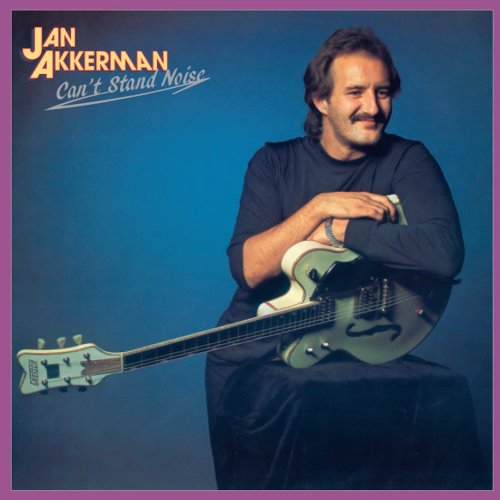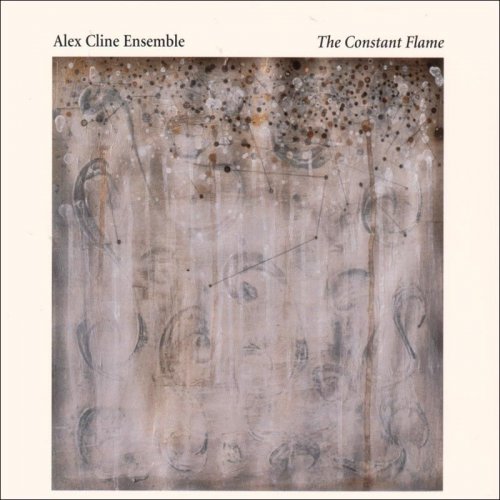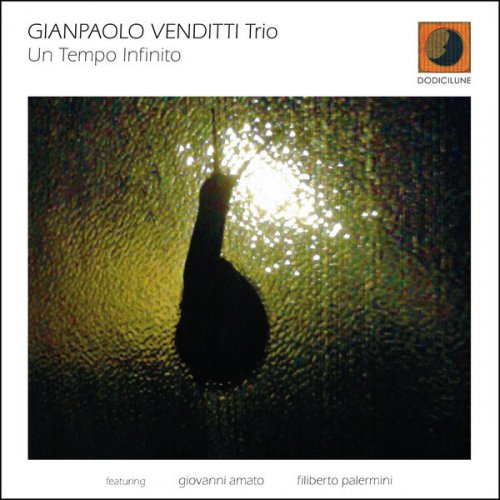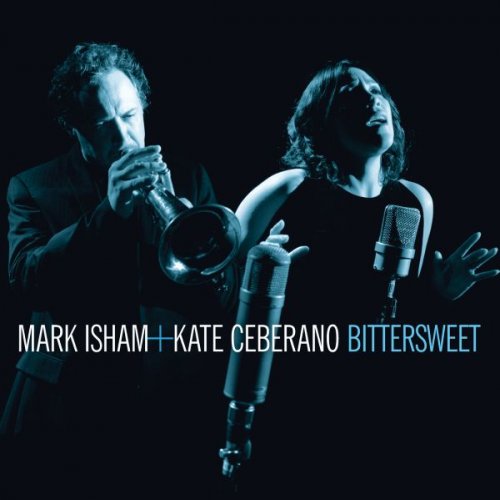Sviatoslav Richter - Richter in Brooklyn (2018)

Artist: Sviatoslav Richter
Title: Richter in Brooklyn
Year Of Release: 2018
Label: Parnassus Records
Genre: Classical
Quality: FLAC (tracks) / MP3 320 Kbps
Total Time: 02:18:10
Total Size: 587 Mb / 355 mb
WebSite: Album Preview
Tracklist: Title: Richter in Brooklyn
Year Of Release: 2018
Label: Parnassus Records
Genre: Classical
Quality: FLAC (tracks) / MP3 320 Kbps
Total Time: 02:18:10
Total Size: 587 Mb / 355 mb
WebSite: Album Preview
CD 1
1. Sonata No.18 in E flat, Op.31, No.3: I. Allegro 09:36
2. Sonata No.18 in E flat, Op.31, No.3: II. Scherzo. Allegretto vivace 04:42
3. Sonata No.18 in E flat, Op.31, No.3: III. Menuetto. Moderato e grazioso 04:25
4. Sonata No.18 in E flat, Op.31, No.3: IV. Presto con fuoco 04:10
5. Sonata No.31 in A flat, Op.110: I. Moderato cantabile molto espressivo 09:12
6. Sonata No.31 in A flat, Op.110: II. Allegro molto 04:14
7. Sonata No.31 in A flat, Op.110: III. Adagio ma non troppo - Allegro ma non troppo 08:11
8. Variations sérieuses, Op. 54 11:47
9. Rhapsody, Op.79 No.2 06:32
10. Intermezzo in A minor, Op.118 No.1 02:33
11. Intermezzo in C, Op.119 No.3 02:18
CD 2
1. Sonata No.2 in D minor, Op.14: I. Allegro, ma non troppo - Più mosso - Tempo primo 06:48
2. Sonata No.2 in D minor, Op.14: II. Scherzo. Allegro marcato 01:54
3. Sonata No.2 in D minor, Op.14: III. Andante 05:32
4. Sonata No.2 in D minor, Op.14: IV. Vivace - Moderato - Vivace 04:35
5. Etude-tableau in F sharp minor, Op.39 No.3 02:37
6. Miroirs: No. 4: Alborada del gracioso 06:41
7. Miroirs: No. 5: La vallée des cloches 06:42
8. Concerto in F: I. Allegro 14:08
9. Concerto in F: II. Adagio - Andante con moto 13:27
10. Concerto in F: III. Allegro agitato 08:06
Performers:
Sviatoslav Richter (piano)
Latvian National Symphony Orchestra
Paul Mägi, conductor
The USP here is that Richter’s 1965 Brooklyn recital is heard in full for the first time. If you can have two unique selling points then you can add that there’s an unpublished performance of Gershwin’s Piano Concerto in F, in stereo, from a concert in Tours in June 1993.
It’s not too long ago that I reviewed the only other known recording marking Richter’s infatuation with this work (see review). There I noted Richter’s bewilderment at Entremont and Ormandy’s Gershwin recordings and how Richter’s own approach struck me as lumpen and stylistically misconceived. If things are slightly better here it’s because of the conductor, Paul Mägi, who had a background playing jazz violin and is a worthy conductor of this piece. Richter treats the slow movement as a romantic cantabile and the finale is pianistically very heavy-handed; full marks to Mägi for keeping things going.
The Brooklyn recital was recorded in situ on tape by an audience member and is not from a broadcast, so that one has to accept the limitations that this involves. Nevertheless, there are some brilliant moments to be heard in this high-voltage evening. Take the Prokofiev sonata, which is far more unsettled and ambiguous than in Richter’s Royal Festival Hall recital of around the same time, released on BBC Legends. True, the recording is necessarily dry and brittle in fortes and there are coughs, but this is a visceral and galvanic reading fully deserving of the barely controlled roars of approval from the audience.
Both the Rachmaninov and Ravel pieces exert an almost hypnotic spell. Though much quieter here there are still coughs and I assume one very nearby nasal or oral detonation has accounted for a one-second dropout in Alborada - a very brief and sadly fruitless attempt by Parnassus to mitigate the damage. One can also hear another corollary of ad hoc recital recording – loud vehicular noises.
But I would suggest having faith with this twofer. There’s an especially galvanizing performance of Beethoven’s Op.31 No.3, though here too there are dropouts, not least the blistering con fuoco finale. If you know the live performance on Brilliant Classics you should know that this Brooklyn reading is even more exciting, and he is rather more expressive in the slow movement of Op.110 than in the performance in the same Brilliant box. Something, though, has gone awry with the tracking here; the first two movements are singly tracked on track five, track six starts with the Adagio man non troppo of the finale and the final track picks up with its fuga. The Mendelssohn Variations has an Abram Chasins-like quality about it and it impresses powerfully.
There is no denying the irritations to be encountered from time to time during the course of this recital, which as noted is appearing in full for the first time. Equally, there’s no gainsaying the ferocity and sensitivity of the performances. -- Jonathan Woolf
It’s not too long ago that I reviewed the only other known recording marking Richter’s infatuation with this work (see review). There I noted Richter’s bewilderment at Entremont and Ormandy’s Gershwin recordings and how Richter’s own approach struck me as lumpen and stylistically misconceived. If things are slightly better here it’s because of the conductor, Paul Mägi, who had a background playing jazz violin and is a worthy conductor of this piece. Richter treats the slow movement as a romantic cantabile and the finale is pianistically very heavy-handed; full marks to Mägi for keeping things going.
The Brooklyn recital was recorded in situ on tape by an audience member and is not from a broadcast, so that one has to accept the limitations that this involves. Nevertheless, there are some brilliant moments to be heard in this high-voltage evening. Take the Prokofiev sonata, which is far more unsettled and ambiguous than in Richter’s Royal Festival Hall recital of around the same time, released on BBC Legends. True, the recording is necessarily dry and brittle in fortes and there are coughs, but this is a visceral and galvanic reading fully deserving of the barely controlled roars of approval from the audience.
Both the Rachmaninov and Ravel pieces exert an almost hypnotic spell. Though much quieter here there are still coughs and I assume one very nearby nasal or oral detonation has accounted for a one-second dropout in Alborada - a very brief and sadly fruitless attempt by Parnassus to mitigate the damage. One can also hear another corollary of ad hoc recital recording – loud vehicular noises.
But I would suggest having faith with this twofer. There’s an especially galvanizing performance of Beethoven’s Op.31 No.3, though here too there are dropouts, not least the blistering con fuoco finale. If you know the live performance on Brilliant Classics you should know that this Brooklyn reading is even more exciting, and he is rather more expressive in the slow movement of Op.110 than in the performance in the same Brilliant box. Something, though, has gone awry with the tracking here; the first two movements are singly tracked on track five, track six starts with the Adagio man non troppo of the finale and the final track picks up with its fuga. The Mendelssohn Variations has an Abram Chasins-like quality about it and it impresses powerfully.
There is no denying the irritations to be encountered from time to time during the course of this recital, which as noted is appearing in full for the first time. Equally, there’s no gainsaying the ferocity and sensitivity of the performances. -- Jonathan Woolf







![Marty Ehrlich & Julius Hemphill - Circle the Heart (2026) [Hi-Res] Marty Ehrlich & Julius Hemphill - Circle the Heart (2026) [Hi-Res]](https://www.dibpic.com/uploads/posts/2026-01/1769147707_wjmcyjxdesjla_600.jpg)
![Tomasz Zyrmont Quartet - London Manifest (2026) [Hi-Res] Tomasz Zyrmont Quartet - London Manifest (2026) [Hi-Res]](https://www.dibpic.com/uploads/posts/2026-01/1769077156_img-20260102-wa0002.jpg)